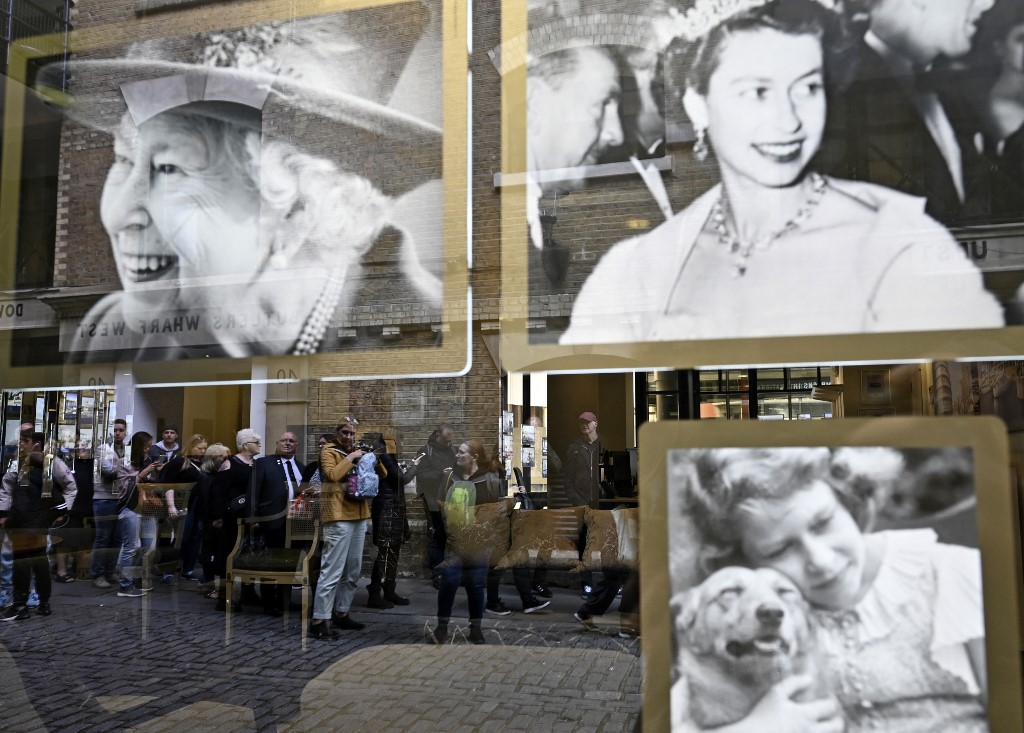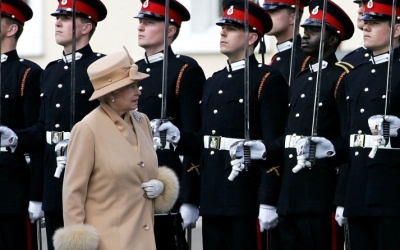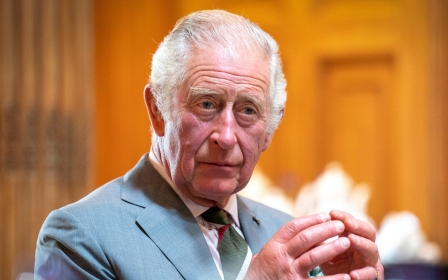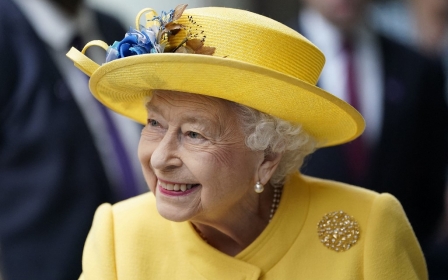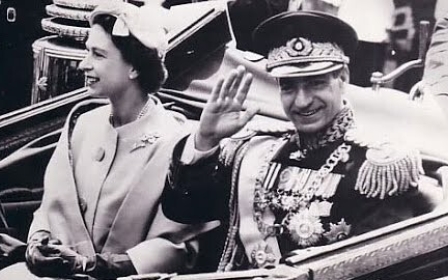King Charles III: Will a change in monarch weaken Britain globally?
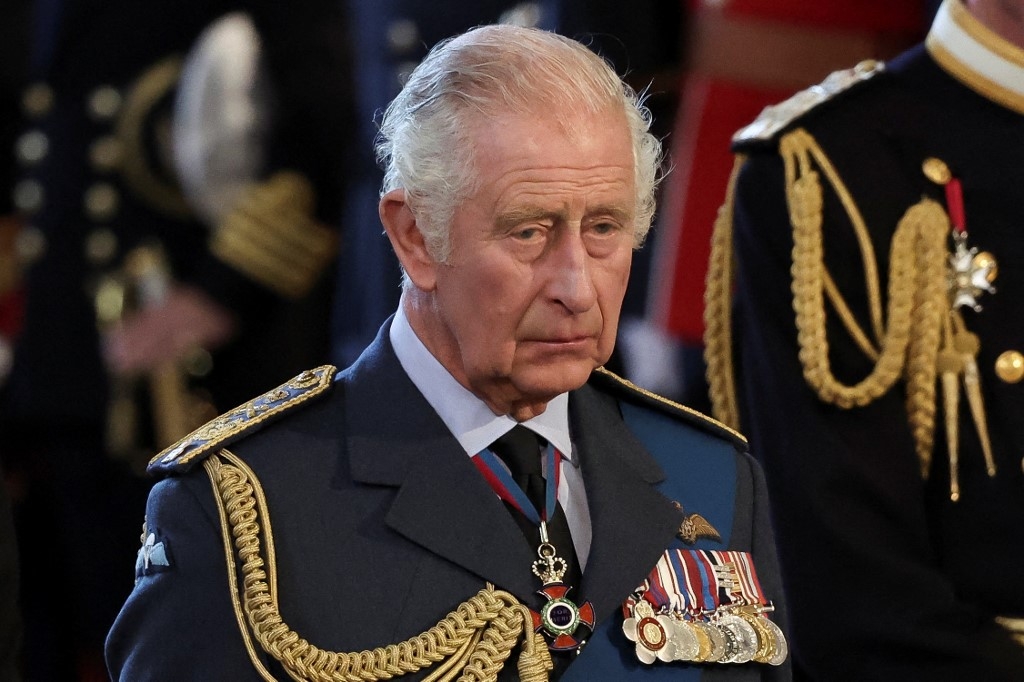
What impact does a change of monarch have on Britain’s global reputation? The British establishment likes to emphasise continuity: the queen is dead, long live the king. But things have changed, and Charles III will occupy a very different position internationally to his mother. After years of political instability in London, will the queen’s passing add to the growing sense of British decline?
The monarchical change comes with Britain’s global standing at a low ebb. The Brexit referendum and the process of leaving the EU has exposed deep internal divisions, damaged ties with historic allies and weakened the economy. It is understandable that some fear Queen Elizabeth II’s death will add to Britain’s frailty.
These constitutional and political realities mean it is unlikely that Charles will be able to build a global image comparable to that of his mother
The queen played a major role in Britain’s soft power. The global response to her death, including periods of mourning in several countries, illustrates the respect she garnered internationally. As one of the world’s most recognised figures, she helped promote a certain image of Britain.
While this will not evaporate with the accession of Charles, and tourists will still flock to see Buckingham Palace, the new monarch lacks the same recognition and has not yet earned the respect his mother enjoyed. At 73, he is unlikely to reign long enough to sufficiently build either up.
The queen’s death may also weaken Britain’s ties with the Commonwealth. Whether this grouping of former colonies actually acts as a force multiplier for Britain is debatable, but some believe London derives benefit from ostensibly leading it. If so, then the change of monarch poses a significant risk.
New MEE newsletter: Jerusalem Dispatch
Sign up to get the latest insights and analysis on Israel-Palestine, alongside Turkey Unpacked and other MEE newsletters
Many Commonwealth members held an attachment to the queen herself rather than the British monarchy as an institution, and republicans will use this opportunity to promote detachment. One member, Antigua and Barbuda, has already announced it will hold a referendum to become a republic, and Jamaica is expected to do the same. Barbados renounced the crown last year, and analysts argue that other Caribbean members, as well as Australia and New Zealand, could all reconsider their positions.
Darker aspects of history
That said, we should beware the sanitised view of the queen’s international position put forward by parts of the British media. Alongside many tributes have been commentaries noting the role of the crown in the darker aspects of British history: empire, slavery and support for autocracy.
While the queen may have overseen decolonisation (or, rather, was head of state when the UK was pushed out of or lost the capacity to maintain its empire), this does not take away from the crown’s symbolic position heading governments that oppressed and enslaved for centuries.
While there appears to be respect for Elizabeth as a person, there is less for the institution she represented, and this is unlikely to pass automatically on to Charles. Indeed, some believe Charles should begin his reign by acknowledging and atoning for the many crimes of empire.
This, interestingly, could be a means for Charles to prove an international asset. The new king has a reputation for being more outspoken than his mother and has advocated for progressive issues. He was early to warn about climate change, supports environmental causes and sponsors youth initiatives. Likewise, despite becoming head of the Church of England, he is viewed as a champion of religious plurality, speaking especially favourably about Islam in the past.
Big shoes to fill
Conceivably, this progressive stance may include opening up on the sensitive issue of empire. Unlike Elizabeth, Charles came of age and will certainly reign in a post-imperial era, and so may be more willing to address some of its legacies. He has previously spoken both of the suffering caused by slavery and the need to deepen his understanding of its impacts.
His son and heir, William, went further in a recent trip to Jamaica, stating that slavery “stains our history”. While it is unlikely that Charles will oversee the reparations that victims of slavery and empire demand - and, indeed, he would not constitutionally be able to initiate this - his ascension may usher in greater scrutiny of Britain’s imperial past. While he’s unlikely to match the stature of his mother, gestures on these issues could improve Britain’s soft power in different ways.
Yet, such an optimistic forecast could prove fanciful. For all its grandeur, the British monarchy has little power, and is constitutionally obliged to be politically neutral. As Prince of Wales, Charles was often criticised for his lobbying of ministers, and will be urged to rein in these tendencies as king.
Moreover, he comes to the throne under a government that seems disinclined to indulge any progressive pet projects. The Conservatives are ambivalent at best about the environment, their pledge to pursue net zero emissions offset by their support for new fossil fuel exploration. On empire, they are even more reluctant: with the notable exception of the new chancellor, Kwasi Kwarteng, senior Conservatives have condemned criticism of empire as part of their wider anti-woke culture war.
These constitutional and political realities mean it is unlikely that Charles will be able to build a global image comparable to that of his mother. This does not mean he won’t be able to make positive changes to the monarchy and offer the UK some kind of soft power contribution. But he has big shoes to fill and a difficult route to navigate.
The views expressed in this article belong to the author and do not necessarily reflect the editorial policy of Middle East Eye.
Middle East Eye delivers independent and unrivalled coverage and analysis of the Middle East, North Africa and beyond. To learn more about republishing this content and the associated fees, please fill out this form. More about MEE can be found here.



